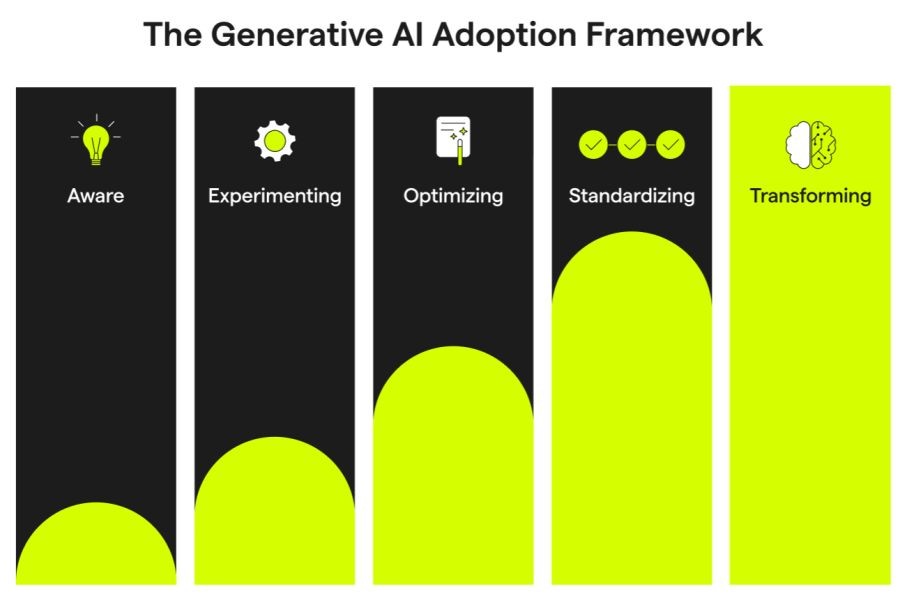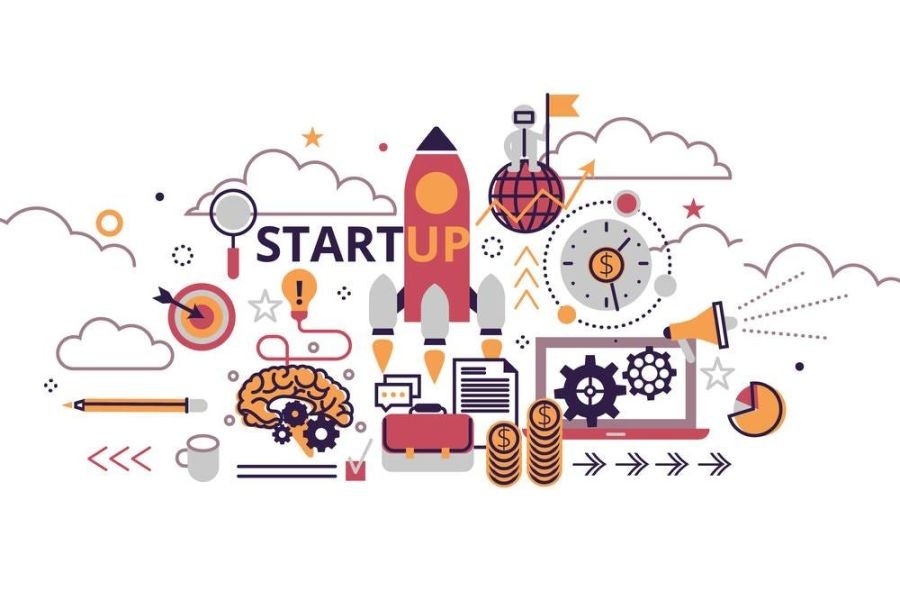Artificial Intelligence (AI) is revolutionizing industries worldwide, enhancing efficiency and productivity. However, in Australia, some sectors are experiencing a surprisingly slow uptake of AI technology. While the Australian economy is generally resilient and adaptive, as noted by the Reserve Bank of Australia (RBA), certain industries lag in adopting AI innovations. This article delves into these sectors, exploring reasons for the slow adoption and potential future impacts.
1. Agriculture and Farming
The agricultural sector is vital to Australia's economy, contributing significantly to exports and GDP. Yet, AI adoption remains limited. According to the Australian Bureau of Statistics (ABS), over 70% of farms still rely on traditional farming methods. The reluctance to embrace AI in this industry is often due to high initial costs and a lack of infrastructure in rural areas. As a result, potential benefits like precision farming and predictive analytics remain largely untapped.
Case Study: Limited AI Use in Wheat Farming
Despite being a global leader in wheat production, Australian wheat farms have been slow to integrate AI technologies. Many farmers rely on weather predictions and manual inspections rather than automated systems that could optimize yields through real-time data analysis. In contrast, farms in the United States using AI-driven machinery have reported a 15% increase in yield efficiency, showcasing a missed opportunity for Australian farmers.
2. Retail and Consumer Goods
While e-commerce is booming, traditional retail in Australia is cautious about AI. A report from Deloitte highlights that only 30% of brick-and-mortar stores have integrated AI into their operations. Concerns about data privacy and the substantial investment required to implement AI tools are primary barriers. Nevertheless, the potential for AI to personalize shopping experiences and manage inventory efficiently is immense.
Case Study: AI in Retail Inventory Management
A leading Australian retailer attempted to implement AI for inventory management but faced challenges. The integration was costly, and staff training was inadequate, leading to initial setbacks. However, a successful AI deployment could reduce overstock by up to 20%, demonstrating significant cost savings potential.
3. Healthcare and Aged Care
Despite the evident benefits of AI in healthcare, such as improved diagnostics and patient management, adoption in Australia is sluggish. The Australian healthcare system faces challenges like regulatory hurdles and a shortage of skilled personnel to implement AI solutions effectively. The Australian Prudential Regulation Authority (APRA) emphasizes the need for robust data governance to protect patient information, adding another layer of complexity.
Case Study: AI in Diagnostic Imaging
One Australian hospital piloted AI for diagnostic imaging, aiming to reduce human error and improve accuracy. Initial results showed a 25% decrease in diagnostic time, yet scaling this pilot across the country faces financial and regulatory challenges. Successful integration could revolutionize patient care, but widespread adoption remains distant.
4. Construction and Real Estate
The construction industry is notoriously slow in adopting new technologies, AI included. High project costs and a conservative approach to change are significant barriers. According to an IBISWorld report, only 12% of Australian construction firms use AI for project management or predictive analytics. However, AI's potential to enhance site safety and efficiency cannot be ignored.
Case Study: AI in Building Site Safety
An international construction company using AI to monitor site safety reported a 30% reduction in accidents. Australian firms are observing these developments but remain hesitant due to cost concerns. Implementing AI could not only improve safety but also streamline project timelines.
5. Legal and Compliance
The legal sector's slow AI adoption is surprising, given AI's potential to automate time-consuming tasks like document review and legal research. Concerns about AI's ability to understand nuanced legal language and the potential for job displacement are significant hurdles. The Australian Competition & Consumer Commission (ACCC) highlights the need for ethical AI deployment, which adds complexity to implementation.
Case Study: AI in Legal Research
Some Australian law firms have trialed AI tools for legal research, reducing research time by 40%. However, concerns about AI's accuracy and ethical implications slow further adoption. With careful implementation, AI could revolutionize legal practice by allowing lawyers to focus more on client advisory roles.
6. Education and Training
The education sector in Australia is yet to fully embrace AI, despite its potential to personalize learning and automate administrative tasks. A 2023 report from the Education Council of Australia shows that less than 20% of schools have integrated AI into their curriculums. Budget constraints and a lack of trained personnel are significant barriers.
Case Study: AI in Personalized Learning
In countries like Finland, AI-driven personalized learning has improved student outcomes by 18%. Australian schools experimenting with similar technologies have seen promising results, but funding and training remain significant barriers to widespread adoption. Embracing AI could transform education delivery and student engagement.
7. Transportation and Logistics
While AI can optimize routes and improve supply chain efficiency, its adoption in Australia's transportation sector is limited. Factors include the high cost of AI systems and concerns about job displacement. The Australian Logistics Council suggests that integrating AI could enhance operational efficiency by up to 25%, a benefit not fully realized yet.
Case Study: AI in Supply Chain Optimization
An Australian logistics company piloted AI to optimize delivery routes and manage inventory. The trial resulted in a 10% reduction in delivery times, but scaling this technology is hindered by cost and workforce concerns. As competition intensifies, adopting AI could become crucial for maintaining market competitiveness.
Conclusion
Despite the evident benefits of AI, its adoption in some Australian industries remains slow due to high costs, regulatory concerns, and a lack of skilled personnel. However, as global competition intensifies, these sectors must consider AI integration to stay competitive. By addressing these barriers, Australian industries can harness AI's full potential, driving innovation and economic growth.
People Also Ask (FAQ)
- How does AI adoption impact Australian businesses?AI adoption can enhance efficiency and reduce costs, but slow integration limits these benefits. Businesses that successfully adopt AI report increased productivity and competitive advantage.
- Why is AI adoption slow in some Australian industries?High costs, regulatory challenges, and a lack of skilled personnel are primary barriers to AI adoption in certain Australian industries.
- What industries benefit most from AI in Australia?Industries such as finance, technology, and healthcare stand to benefit significantly from AI, offering improved efficiency and innovation.
Related Search Queries
- AI adoption in Australian agriculture
- Impact of AI on Australian retail
- AI applications in Australian healthcare
- AI trends in Australian construction
- Legal implications of AI in Australia
- AI in Australian education
- AI in transportation and logistics AU
- Challenges of AI adoption in Australia
- Future of AI in Australian industries
- AI regulatory framework in Australia





























seokoreangardens2
5 months ago